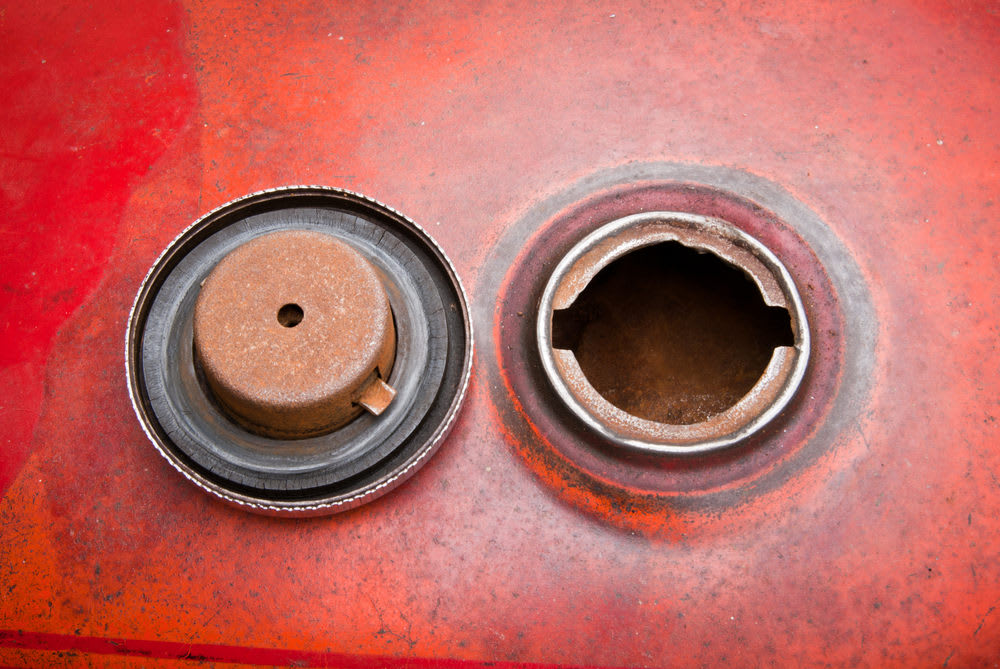

Gasoline does expire if it is left unused for a long period of time. The problem with gas is its volatility. A volatile substance is prone to separating and vaporizing. This is especially bad if the fuel vapor has an easy way out of the tank, allowing it to just evaporate away into the air. If this is not the case, then it is more likely that the fuel will just be significantly less potent than new gasoline.
How to spot bad gas
If gas is already in the tank of a vehicle, getting it out is a hassle. If the gas is old enough that siphoning the tank to test the fuel is a viable option, then it is more worthwhile to simply replace the fuel. If the fuel is in a gas can or similar container, then there are a few signs to look out for:
Darkened color: As gas ages, it usually darkens in color. It helps to have new gas on hand to compare the two.
Sour smell: Similar to spoiled food, spoiled gas smells different than new gasoline. Gas fumes are not healthy to breathe, so do not smell gas close up. Gas is a noticeable scent to anyone in proximity to it, so if the smell is sour or “off” it may be bad.
Dangers of bad gas in the fuel system
Bad gas can break down and leave residue along the hoses and fittings of the fuel system
Water that may be present in the gas can separate out and cause corrosion in the fuel system
If the gas is so old that it can no longer run the engine, it may be difficult to get it out of the tank and to get new fuel into the fuel system
The amount of time it takes gas to expire depends on the climate, age of the gas, and formula of the gas, along with many other factors. Use fuel stabilizer in a vehicle that is going to be parked for a long time. Any time over a month qualifies.



